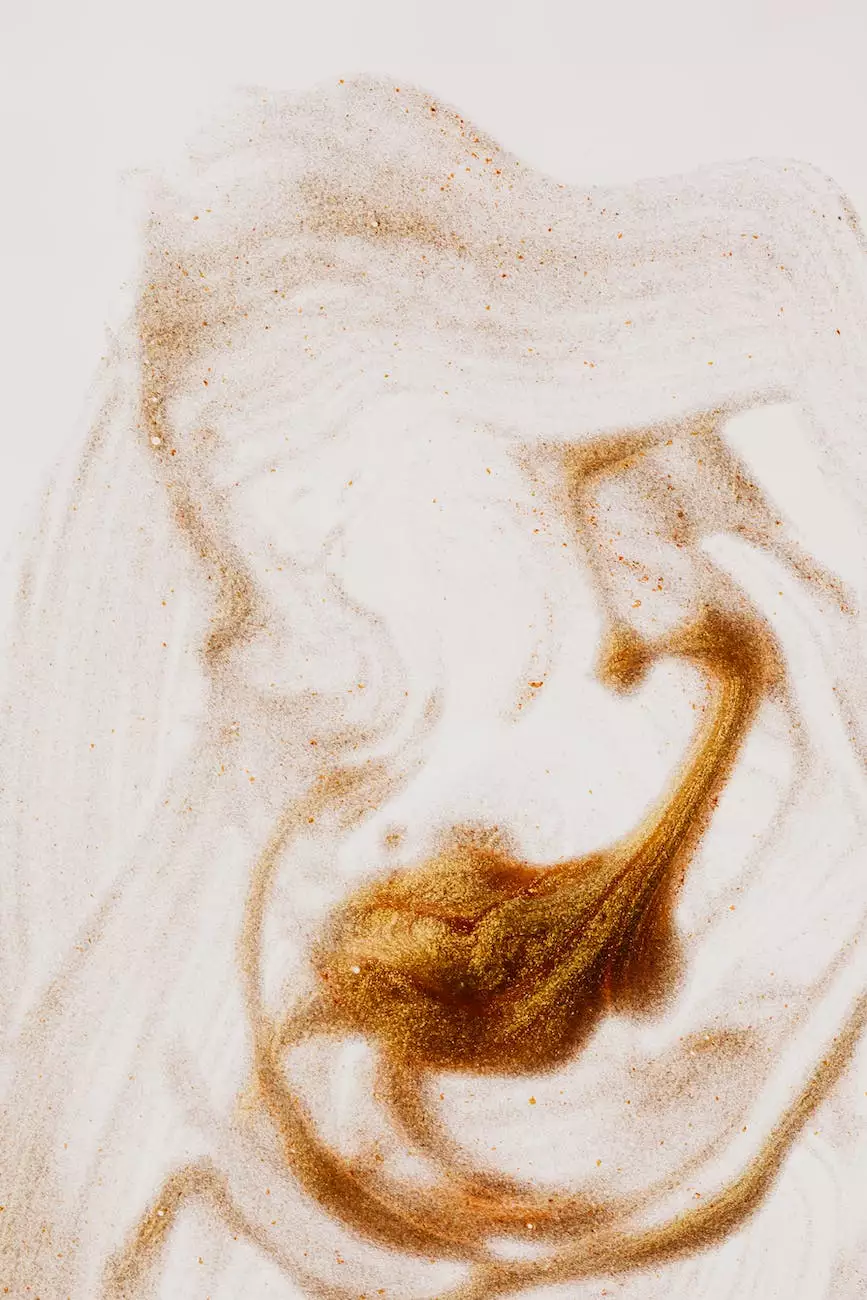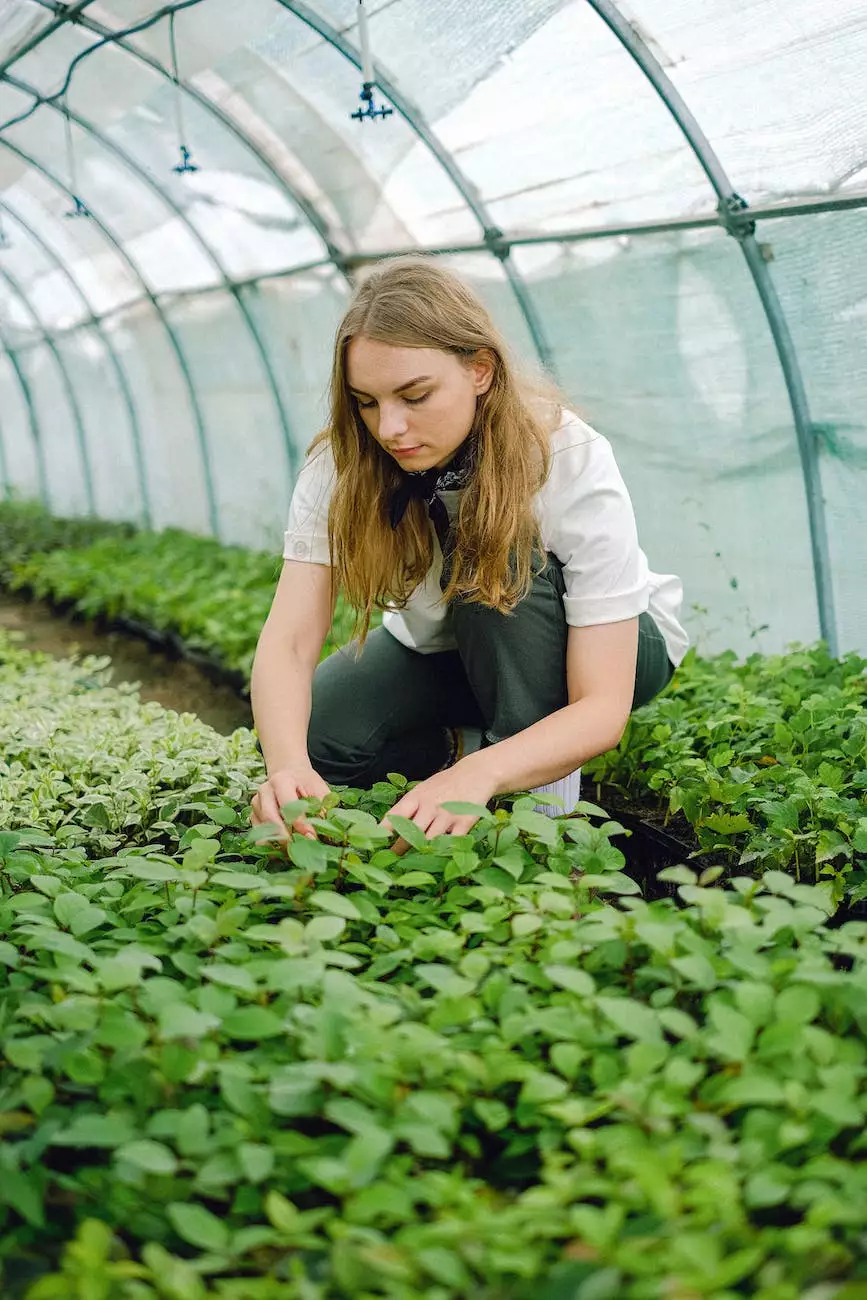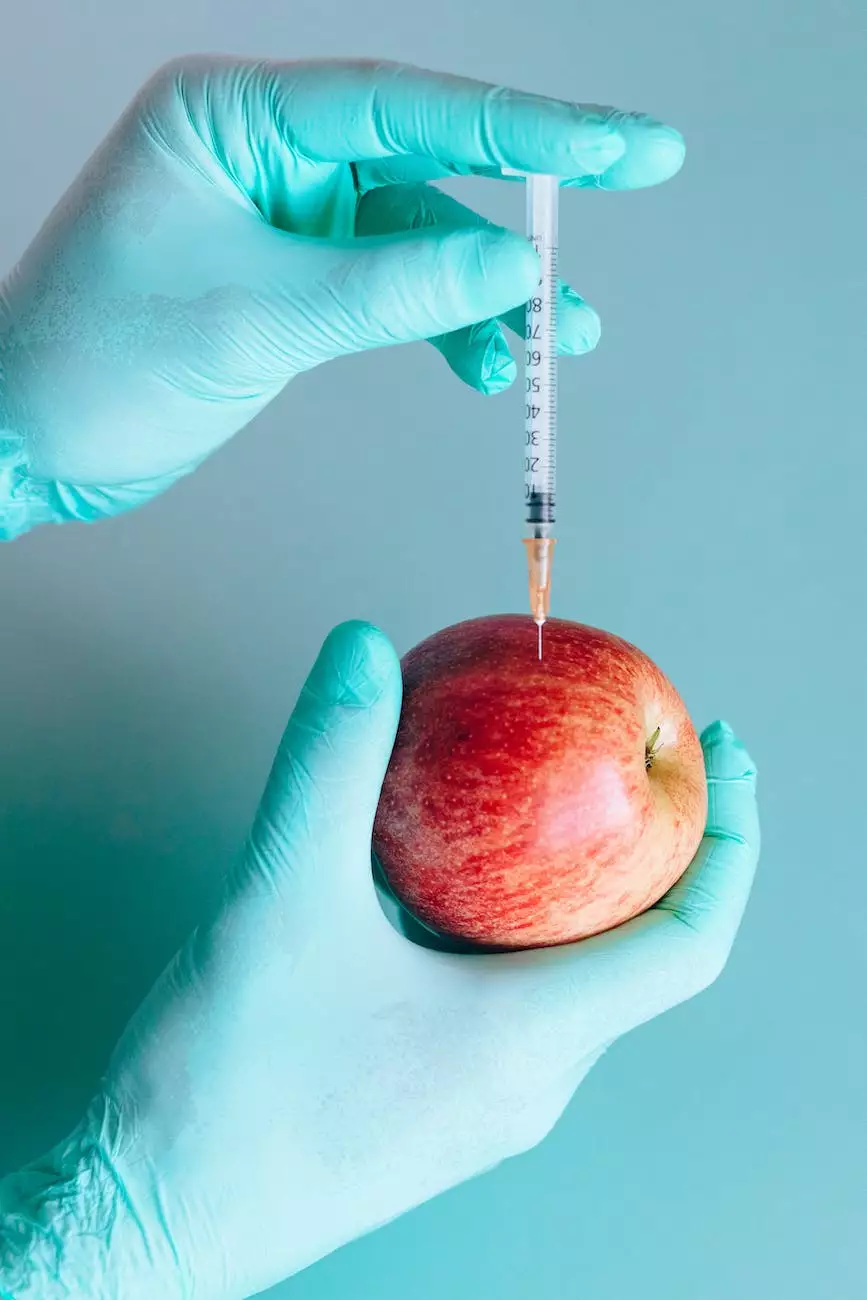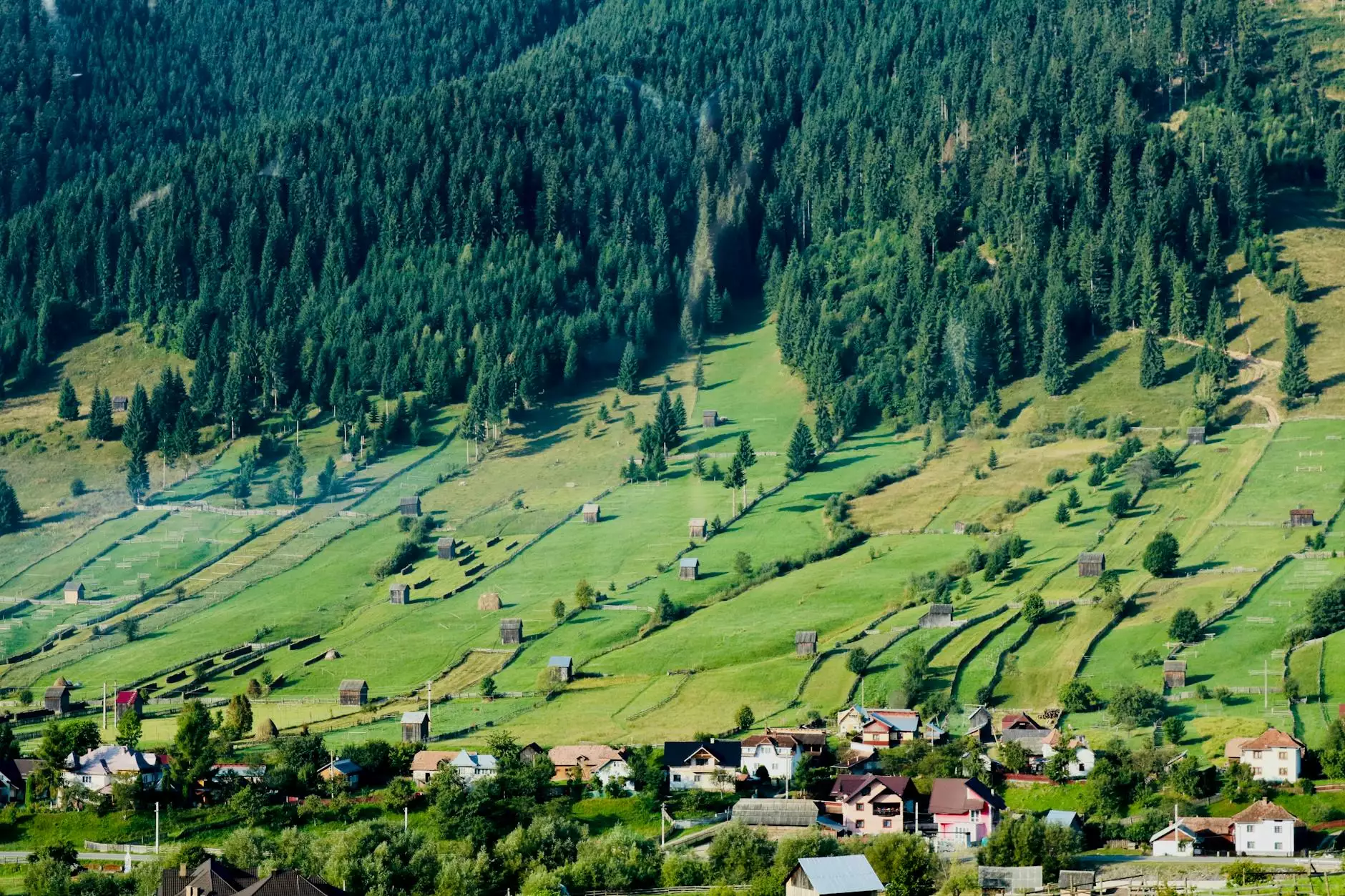Yard Waste - What to Do With It
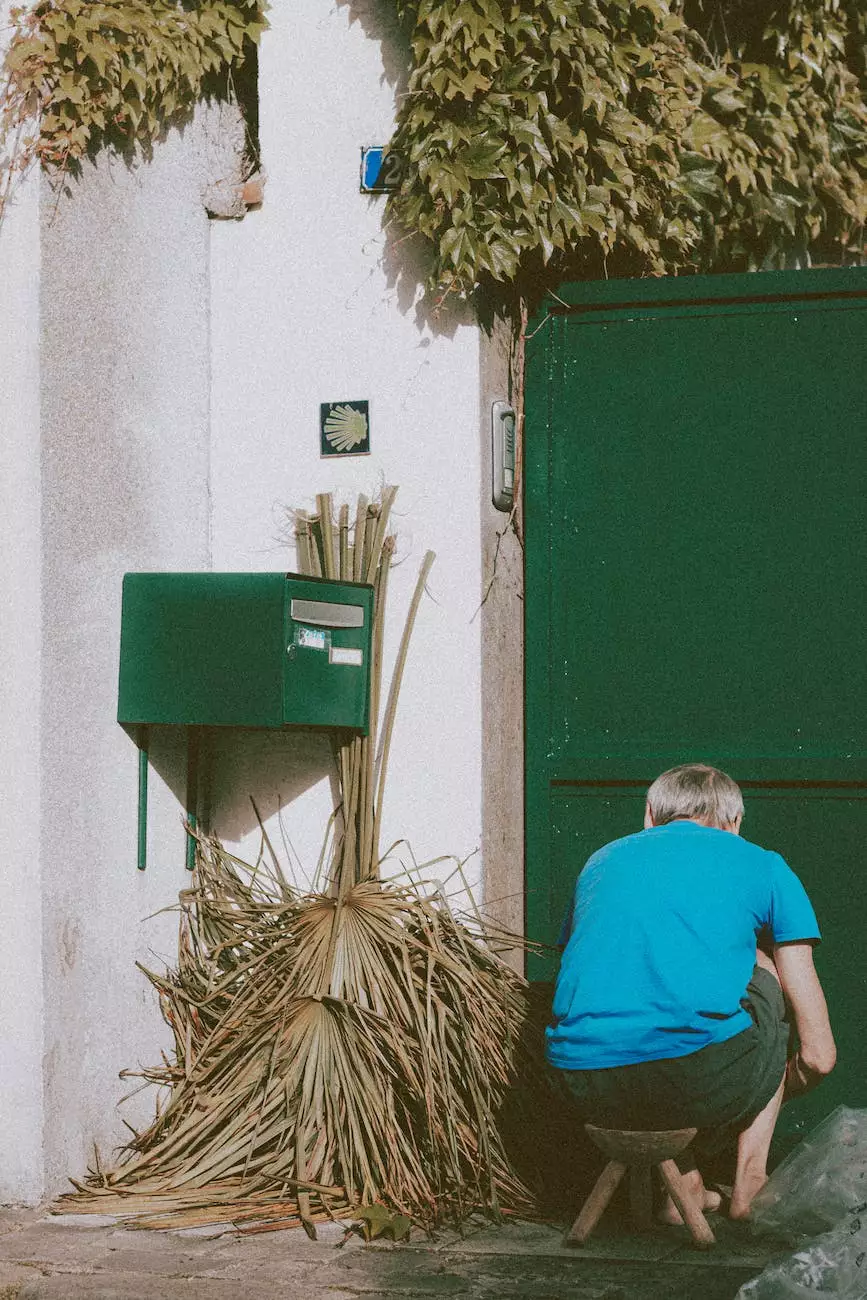
Welcome to the Yard Waste - What to Do With It page brought to you by Florida Potting Soil Wood Products Div. If you are someone who loves gardening and takes pride in maintaining a beautiful yard, you are probably well acquainted with the issue of yard waste disposal. In this comprehensive guide, we will explore the different solutions available for effectively managing yard waste, helping you make the most of it while contributing positively to the environment.
Understanding Yard Waste
Before diving into the various ways to handle yard waste, let's first understand what it entails. Yard waste refers to the organic debris generated through routine lawn care and landscaping activities. This includes grass clippings, leaves, branches, shrub trimmings, dead plants, and more. Rather than considering it as mere waste, let's view yard waste as a resource that can be utilized in numerous ways.
The Importance of Proper Disposal
Proper disposal of yard waste is crucial for maintaining a healthy ecosystem and preserving the environment. When disposed of incorrectly, yard waste can contribute to the production of harmful greenhouse gases, contaminate water bodies, and add unnecessary burden to overflowing landfills. By adopting eco-friendly practices, you can transform yard waste into valuable materials and reduce your ecological footprint.
Practical Solutions for Yard Waste Disposal
Now that we recognize the significance of responsible yard waste disposal, let's delve into the various methods available:
1. Composting
Composting is an excellent way to recycle yard waste and create nutrient-rich compost. By combining grass clippings, leaves, and small branches with kitchen scraps, you can create a perfect blend of organic matter that enriches your garden soil. Compost also helps retain moisture, suppress weed growth, and reduce the need for chemical fertilizers.
2. Mulching
Mulching involves shredding or chipping yard waste and spreading it around plants and flower beds. This practice helps regulate soil temperature, retain moisture, prevent weed growth, and enhance overall aesthetics. As the mulch decomposes, it slowly adds nutrients back to the soil, promoting healthy plant growth.
3. Grasscycling
If you're looking for a hassle-free way to manage grass clippings, consider grasscycling. Instead of bagging and disposing of grass clippings, leave them on your lawn after mowing. Grass clippings act as natural fertilizers, returning essential nutrients like nitrogen back to the soil. This practice not only saves time and effort but also minimizes yard waste generation.
4. Yard Waste Recycling Programs
Many municipalities offer yard waste recycling programs. These programs collect yard waste from residents and process it into useful products like mulch or compost. Contact your local waste management authority to explore recycling options in your area. Participating in such programs supports the circular economy, ensuring your yard waste gets a second life.
5. Tree and Branch Chipping
If you have larger branches or tree trimmings, consider chipping them instead of disposing of them. Chipped wood can be used in various ways, such as landscaping paths, mulching, or as a biomass fuel source. Chipping reduces the volume of waste significantly and allows you to repurpose it for practical applications.
Conclusion
In conclusion, yard waste doesn't have to be a burden on your gardening journey. By adopting sustainable practices like composting, mulching, grasscycling, and exploring yard waste recycling programs, you can effectively manage yard waste and contribute positively to the environment. Be proactive, innovative, and make the most out of your yard waste to create a healthier and greener outdoor space. Let Florida Potting Soil Wood Products Div be your trusted partner in your yard waste management journey!
